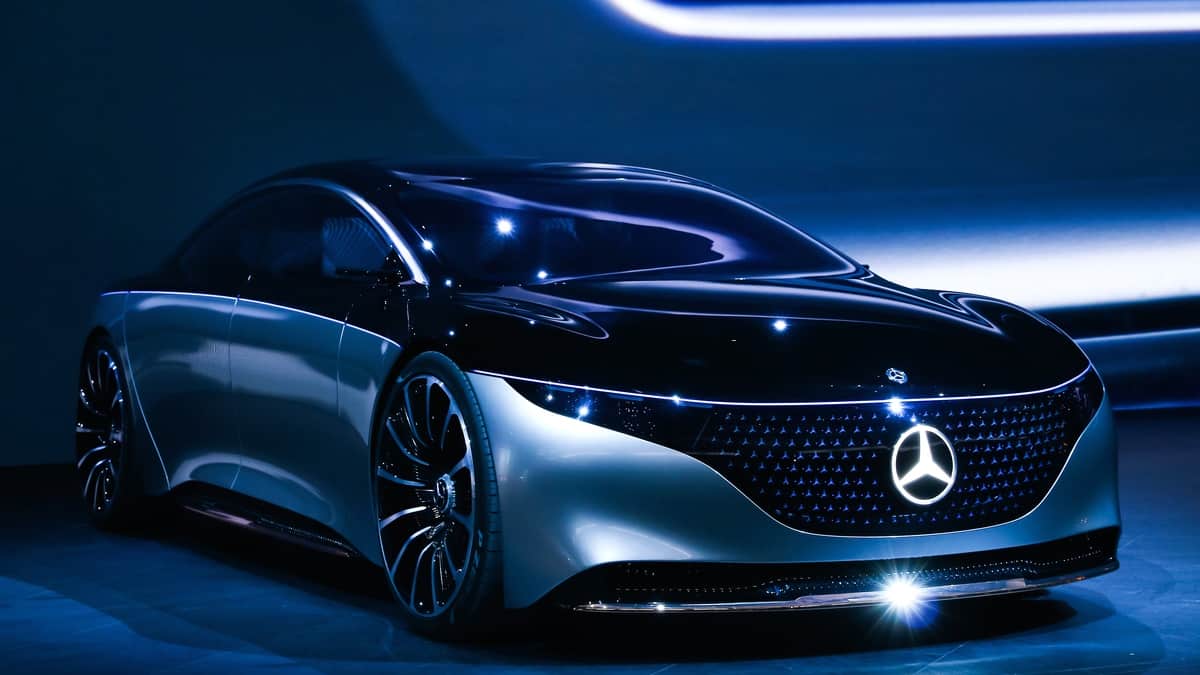Germany, the largest European automotive market, suffered a notable decline in electric vehicle sales in July 2024. The downward trend in the German EV market persisted since the government withdrew incentives in late 2023, hampering automakers’ electrification strategies.
German EV sales plummet 37% in July 2024
Germany’s battery-electric vehicle (BEV) registrations totaled 30,762 units in July 2024, according to the latest data the German Federal Motor Transport Authority published on Monday.
That figure represents a notable 36.8% year-on-year plunge, marking the largest annual decline in electric vehicle sales since Germany halted EV subsidies in December 2023.
While BEV sales fell last month, the overall automotive market remained stable. Gas-powered passenger vehicles’ new registrations grew by 0.1% YoY, while diesel car sales increased by 1.4% YoY.
End of subsidies and high costs blamed for dramatic drop
The European electric vehicle market continues to slow down, particularly in nations that have ended EV subsidies.
The waning demand for EVs has caught major automakers like Volkswagen off guard, prompting them to reevaluate their production plans. In addition, it is worth noting that wealthier, environmentally conscious consumers have mostly already adopted EVs. Meanwhile, the lack of affordable models continues to discourage a wider audience from joining the shift.
“The ramp-up of e-mobility is proving to be unsustainable so far. The market has lost all momentum and many customers doubt the prospects of electric cars.”
Constantin Gall, a consultant at England-based multinational professional services network EY
According to EY, BEV’s market share in Germany also dropped below 13% in July 2024 from 20% in the same period last year.
Implication
The persistent decline in electric vehicle demand has stunned the automotive industry, especially after pouring billions into the technology. Major player Volkswagen has responded to the ongoing downward trajectory by cutting production and potentially delaying battery plant expansions.
This market downturn has also devitalized the outlook for other German automotive giants like Mercedes-Benz and BMW.
Furthermore, the slowdown is also delaying major battery cell projects in the region.
EY’s Gall projects that German EV sales will remain subdued for the following months, challenging automakers’ electrification plans to meet stricter fleet emission standards in the EU starting in 2025.
All these considered, the German government must look for ways to revitalize the EV market, such as relaunching subsidies and charging infrastructure development.

